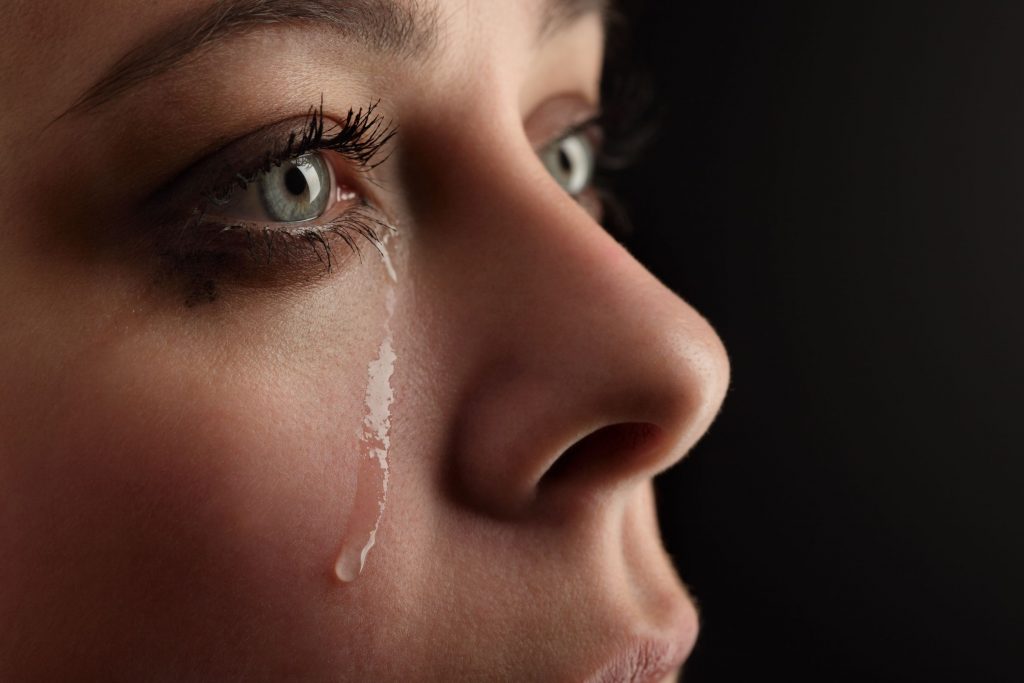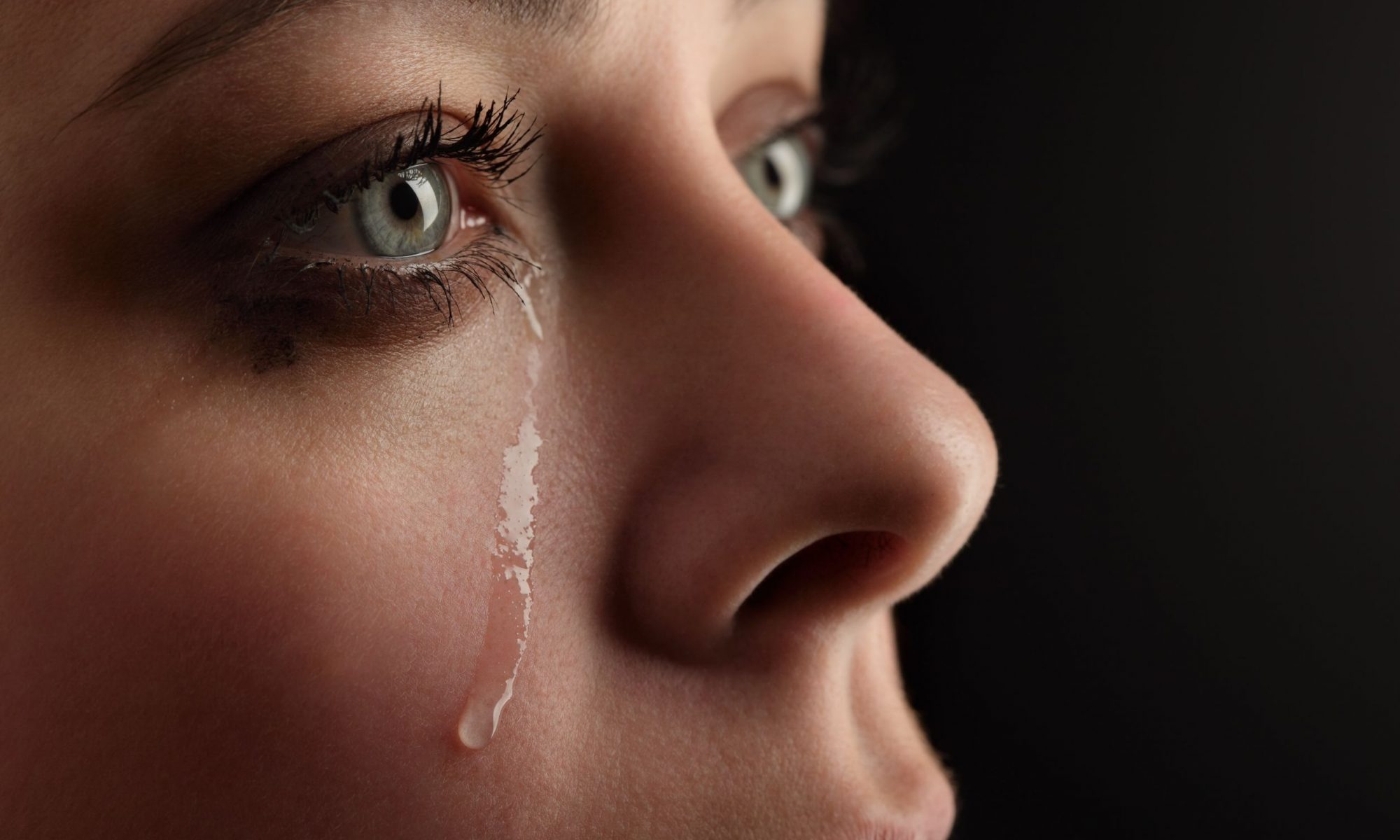 TearT
TearT
We often only think of tears as associated with our emotions. However, tears play various important roles. Tears are essential for sight. They help to maintain healthy eyes. The average human produces an average of 30 gallons of tears annually. The following are some facts you should know about tears.
There is more than one type of tear
Humans produce three types of tears:
1- Emotional tears
These tears are trigged by strong emotional states such as joy, fear or sadness. These tears are thought to contain additional hormones and proteins that do not occur in other types of tears. Emotional tears have also been shown to have higher levels of manganese, prolactin, adrenocorticotropic hormone and potassium. The production of these tears is influenced by psychological, social and biological factors.
2- Reflex tears
These are formed as a defense against foreign bodies or harmful irritants e.g. smoke and onion fumes. These tears contain a larger volume of antibodies that are useful in fighting infections.
3 – Basal tears
These are produced for the primary purpose of lubricating the eye. They provide nourishment and protection to the cornea. They are a constant shield to the eye, keeping dirt and other contaminants off the eye surface.
The layers of tears
Tears are much more than a simple liquid. They contain lipids, enzyme, electrolytes and metabolites and have a structure that is similar to saliva. The following are the three layers of tears:
- Oily layer
This is the outer layer. It is important for preventing the inner layers from evaporating too quickly. It also keeps the surface of the tears smooth.
- Watery layer
This is the middle layer. It is also the thickest layer. It is important for keeping the eye’s surface moist. It is also important for repelling bacteria and protecting the cornea.
- Mucus layer
This is the innermost layer. It helps to adhere the tears to the surface of the eye.
Tears through the ages
Tear production reduces as we age. Production of basal tears slows down as we age leading to the development of dry eye. It is important to talk to an ophthalmologist to find out what you can do to protect your eyes and keep them moist. This may include using prescription eye drops, ointments or undergoing procedures to help improve tear production. Regular comprehensive eye exams will help to detect problems in their early stages.

